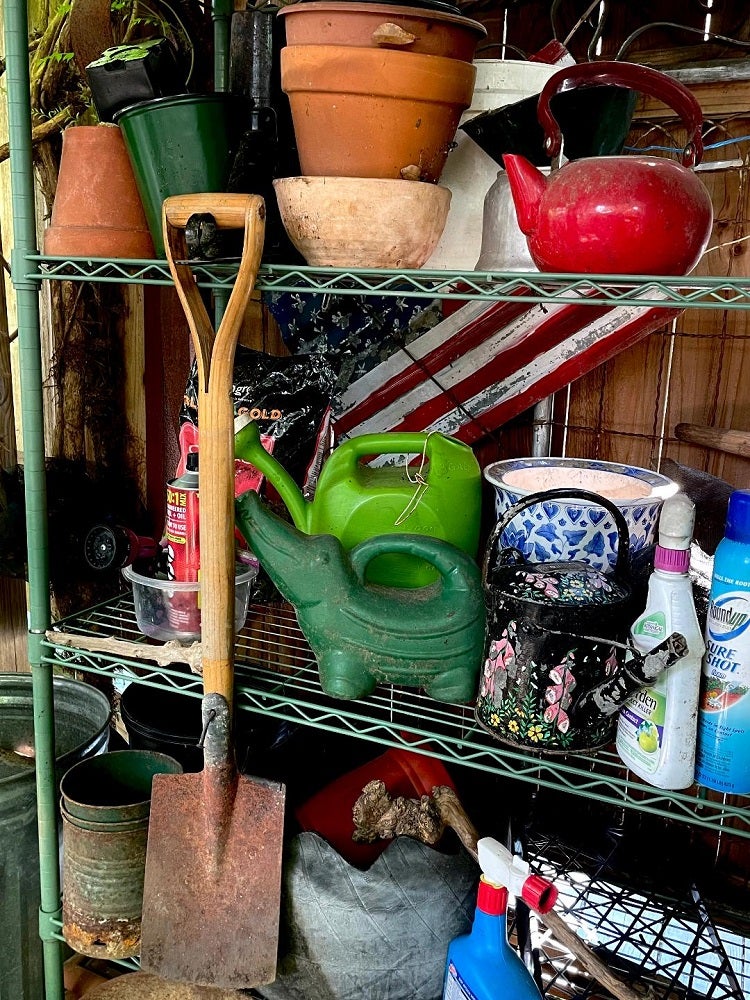Elderly may see drastic cuts in Medicaid, Medicare services, part 1
Published 7:00 am Friday, June 23, 2017
By Trudy Liberman
Older Americans may be in for a rough ride if the changes Washington politicians are considering come to pass. Because good, explanatory journalism is in short supply and TV shouting matches don’t tell you much, I decided to use this space to discuss some of the possible changes that could soon affect millions of people in their 60s and older.
First, let’s consider Medicaid, the federal-state program that finances healthcare for the poor and long term care for the middle class.
Virtually all the talk about cutting Medicaid by more than $800 billion over the next 10 years has centered on the 11 million people who gained health coverage under the Medicaid provisions of the Affordable Car Act, also called Obamacare.
Most of those Americans will lose their health coverage if legislation the House passed in early May to replace Obamacare gets through the Senate. Equally affected will be seniors and their families who now count on Medicaid to fund long-term care.
Medicaid pays for about half of all nursing home stays, but it also pays for care elders receive in the community under special waiver programs.
These might include home care, adult day care, and other services that help people stay in their homes.
I asked Medicaid experts what would happen if the funds families now depend on disappear.
All said that if federal allocations to the states are capped or reduced in some other way, states would have less to give families needing long-term care assistance.
More families will be on their own to pay for some or all of the care a loved one needs.
The U.S. has never had a policy to pay for such care, so Medicaid, by default, became the vehicle for funding. And as Judy Feder, a professor of public policy at Georgetown University, told me recently Medicaid dollars have never been sufficient to pay for the growing number of Americans needing long-term care. Proposed changes will only make things worse.
Stacy Sanders, federal policy director for the advocacy group the Medicare Rights Center, puts it this way: “Cuts of this magnitude will end Medicaid as we know it, putting older adults’ access to home and community-based long-term care, nursing home services and other essential supports in jeopardy.”
Also, people now receiving health coverage under the Affordable Care Act could find themselves paying much higher premiums if a bill to repeal and replace eventually passes.
The House-passed bill changes the rules for insurance companies so that they can charge older people a lot more than younger ones in states that decide to opt out of certain Obamacare protections.




